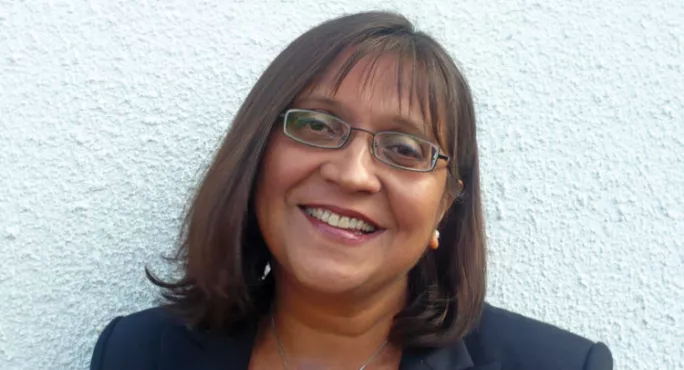One day, Shakira Martin, the National Union of Students’ vice-president for FE, wants to be a college principal.
For anyone, this is a bold ambition. As a black woman, Ms Martin believes, realising it will be especially tough.
“I know it is going to be difficult - the glass ceiling still exists,” she says. “FE is a diverse sector, but most of the staff from minority ethnic backgrounds are on the front line.”
At a managerial level, achieving diversity in FE colleges has proved to be less than straightforward. Back in 2002, just four colleges had ethnic minority principals. Since then, progress has been made. By 2012-13, the number had risen to 17, in no small part down to the work done by the Network for Black and Asian Professionals (NBAP).
But more recently, the number has dropped again. Today there are just 11 black and minority ethnic principals running English colleges - down a third from three years ago.
With the NBAP in the process of closing down because of a shortage of funding, concerns are growing that this situation could continue to deteriorate. And with ongoing area reviews around the country, the number of opportunities for BME aspiring college leaders looks set to become even more limited.
According to Rajinder Mann, chief executive of the NBAP, the FE sector must develop “an ethic conscience” to ensure that opportunities for those from ethnic minority backgrounds do not continue to decrease.
“We were the moral conscience of the sector when it comes to race. At one point, there was a clear commitment to equality,” she tells TES. “I think it needs that. Race has now fallen off the agenda. And in the financial climate we are living in, public funding is being squeezed and everyone is fighting for the same resources.”
With job losses appearing inevitable as a result of the area reviews, Ms Mann calls for diversity at a leadership level to be a key focus of the process. “The FE commissioner needs to focus on the impact on equality and diversity during the area reviews. That is a critical question to be asked, and who is going to be monitoring this?” she says.
‘Shortage of role models’
When the Commission for Black Staff in Further Education reported in 2002, it found that contributing factors behind the lack of managerial diversity included insufficient staff coming through the system with the relevant experience, and a lack of BME role models. “I don’t think any of the issues have changed since the commission’s report in 2002,” Ms Mann says.
Dame Asha Khemka, principal of West Nottinghamshire College, says that the first question to ask is whether front-line staff from ethnic minorities are getting experience that is giving them confidence to aspire to senior posts. And she says that while she opposes positive discrimination, support for BME staff showing leadership potential is vital.
Anthony Bravo, principal of Basingstoke College of Technology, says that low expectations of BME staff are often to blame. “If people don’t expect you to be good, they don’t look for evidence of you being good, and that can be a bit of a challenge,” he says. “All the black and ethnic minority principals are getting together to discuss how we can keep the voice of black and ethnic minority principals in the sector, at the very least.”
Ms Mann calls for a very clear strategy to tackle the under-representation of black and Asian people in college management through the creation a new commission to assess the sector’s performance, with the support of government. “How that will be achieved without resources? I don’t know. We need targeted interventions,” she adds.
Want to keep up with the latest education news and opinion? Follow TES on Twitter and like TES on Facebook




